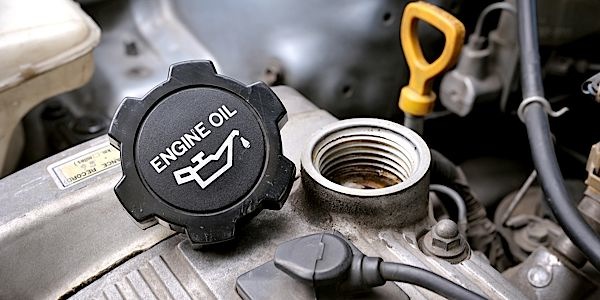Rislone Oil Additive Improves Engine Performance
Help customers restore horsepower and improve engine performance with an affordable solution.
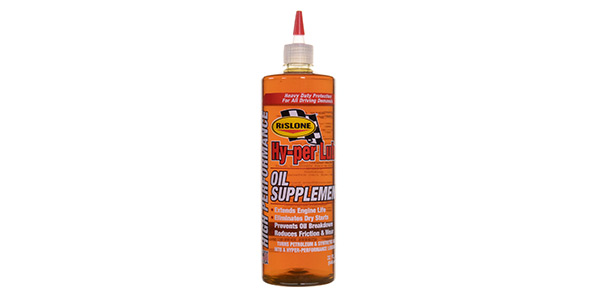
10 Cartridge Oil Filter Tips
Cartridge oil filters make potential mistakes more likely because they require more knowledge and tools to properly change the oil than a canister filter.
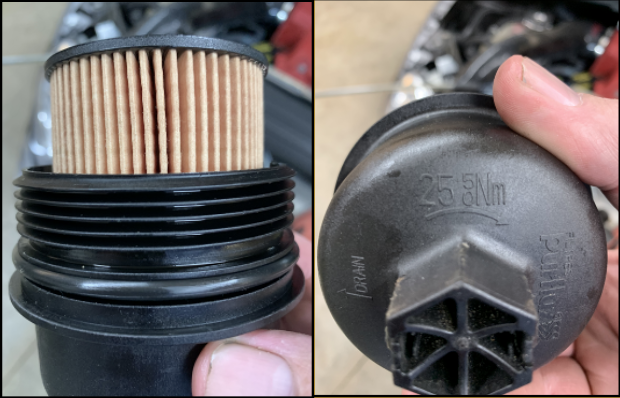
Better Engines Need Better Filters
The new technology allows smaller displacement engines to produce more power. But this put increased stress on the oil and filters.

What is 0W16 Oil and How is It Different than 0W20?
The big question among shops is how can four points on the viscosity rating change the performance and longevity of the engine? This is data that is difficult to come by, much less evaluate.

Servicing and Maintaining Hybrid and Electric Vehicles
In this episode of the Lubrizol 360 podcast, we discuss the service and maintenance implications of the growing number of hybrid and electric vehicles. We sit down with Lubrizol’s Martin Birze and My Hang Truong discuss how vehicles like the BMW i3, Chevy Volt and Toyota Prius are changing how engine oil and driveline fluids

VIDEO: Ensuring That An Oil Cooler Or Transmission Cooler Job Lasts
Andrew Markel discusses oil cooler and transmission cooler jobs, and how you can make sure the hoses last as long as possible. Sponsored by Continental.
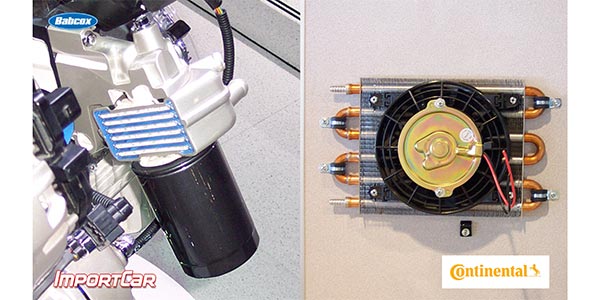
What Techs Will Have To Worry About With GF-6 Oils
Technicians and shops that perform oil changes in the future will need to pay extra close attention to what they’re putting in the vehicle. While we’re waiting for API’s newest GF-6 oil standard to be approved, we are discovering just what future oil service may look like for shops.
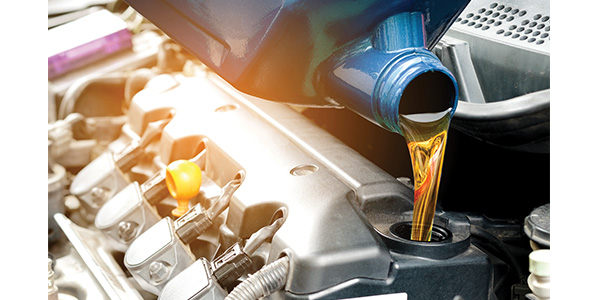
VIDEO: PCV Valve Or Oil Separator?
Andrew Markel discusses the oil separator, and why you may not find this part right away when you look for it. Sponsored by Auto Value and Bumper to Bumper.
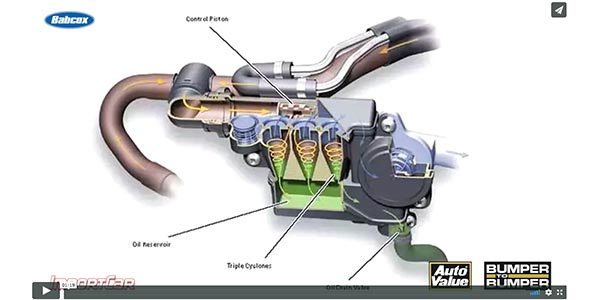
VIDEO: Oil Specifications On European Vehicles
Andrew Markel discusses oil specifications on European vehicles, and how international committees often work together to improve oil standards. Sponsored by Auto Value and Bumper to Bumper.
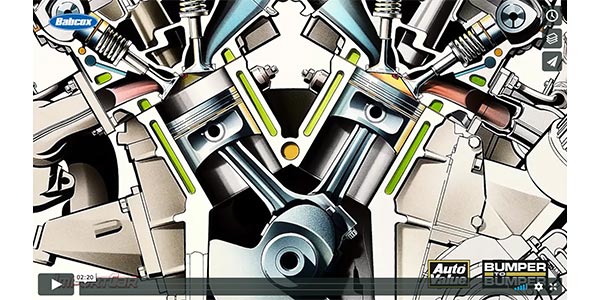
The Ins And Outs Of Oil Testing: Standards Change As Engine Technology Evolves
Oil specifications are not so much about the ingredients in the oil, but more so about how the oil reacts to standardized conditions. Oil specifications are set by industry groups or the vehicle manufacturer. Testing procedures are not “trade secrets,” as they are shared with the companies making engine oils. These document the specific tests, equipment requirements and limits needed to pass the standards.

Oil Level Sensors – More Than A Warning Light
Oil level sensors have been used on import and domestic cars for more than a decade. Some of the first applications only monitored if the oil level was low using a switch attached to a float. The sensor would just trigger a message or light in the instrument cluster and only measured oil levels when the engine was not running.
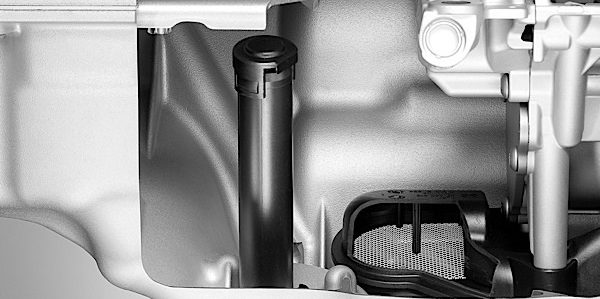
Pinpointing Oil Consumption Issues: Now You See It, Now You Don’t
Oil consumption has become an issue because oil change intervals now extend to 10,000 or more miles and because modern engines consume so little oil that many vehicle owners forget to regularly check their engine’s oil level. Worse still, many owners will often run their engines out of oil because they don’t know how to check the oil level. For that reason, oil level warning systems are becoming standard equipment for many vehicles.
